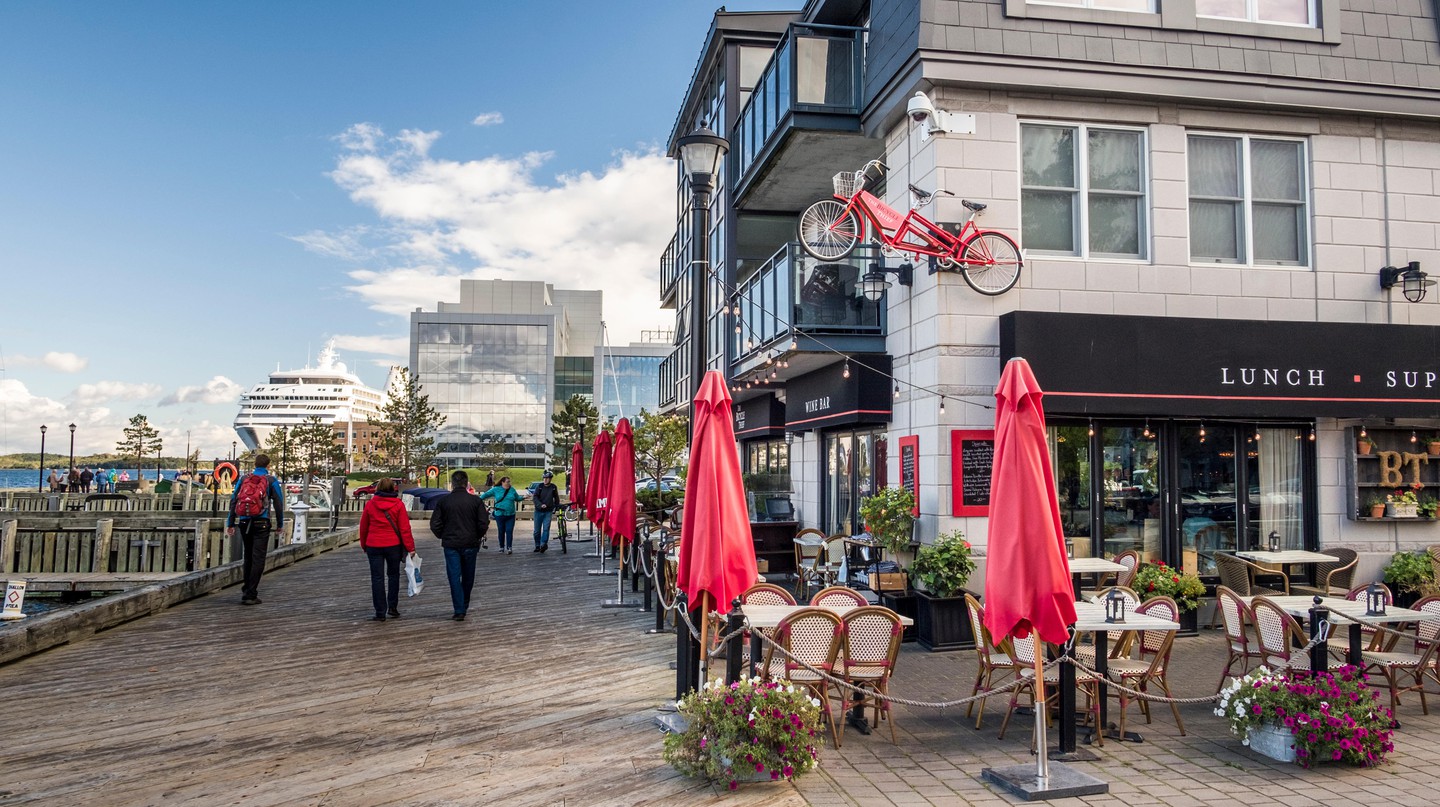New sector-specific reforms will go a long way to help revive Nova Scotia’s restaurant industry

Restaurants Canada welcomes today’s announcement from the Nova Scotia government, acting on a number of recommendations to help the province’s hard-hit foodservice and hospitality sector transition from survival to revival
The province is making the following changes to improve conditions for restaurants continuing to struggle amid the ongoing COVID-19 pandemic:
- Fees placed on restaurant orders through third-party services will be capped at 15% for delivery and 10% for pick-up.
- Third-party delivery services and drivers will be permitted to deliver alcoholic beverages with food if they meet certain conditions, including training for the safe and responsible sale of alcohol.
- Restaurants will be allowed to sell ready-to-drink spirits with takeout and delivery meals, as well as individual cocktails with up to 3 ounces of alcohol.
- Restaurants will be permitted to increase the value of a bottle of wine allowed with a home delivery to more than three times the cost of the food order to allow higher-end wines to be sold with food purchases.
“Restaurants Canada welcomes the announcement to act on a number of key recommendations to help the province’s hard-hit foodservice and hospitality sectors”
The Nova Scotia government will also be making the following changes to the province’s liquor rules, in response to Restaurants Canada advocating for these reforms for more than a decade:
- Individuals under 19 who are accompanied by adults will be permitted in establishments with lounge licences up until 10 p.m. without being required to order a meal.
- Individuals under 19 will be allowed to work in an establishment with a lounge licence up until 10 p.m., as long as they don’t serve alcohol.
- Establishments with lounge licences will be permitted to open at 10 a.m. on Sundays.
- Sampling rules will change to allow beverage alcohol suppliers to provide customers with multiple samples as part of a single transaction.
- A new liquor licence will be created for establishments that only serve individuals 19 or over without the requirement for a kitchen.
“These policy changes will fulfill long-standing recommendations from Restaurants Canada and go a long way to help restaurants keep feeding Nova Scotia’s recovery from COVID-19,” said Luc Erjavec, Restaurants Canada Vice President, Atlantic Canada. “I want to thank Premier Iain Rankin for listening to our industry and taking this quick action along with Minister Patricia Arab to support our hard-hit sector. We are incredibly grateful to see these critically needed policy changes, barely a few months since this new premier took the reins of government.”
Liquor policy changes fulfill key asks from Raise the Bar report
Every two years since 2015, Restaurants Canada has published a Raise the Bar report to take stock of liquor policies impacting foodservice and hospitality businesses across the country. Previous reports called on Nova Scotia to allow licensees to be able to sell alcohol for off-site consumption and to cut needless red tape.
Learn more about all the ways that Restaurants Canada has been advocating for better conditions for Canada’s bars and restaurants at: info.restaurantscanada.org/raise-the-bar
Most restaurants face risk of closure without continued government support
Restaurants are key to feeding Nova Scotia’s COVID-19 recovery and bringing back jobs, but first they need to survive.
According to the April Labour Force Survey from Statistics Canada, more than two thirds (70.9%) of the 503,000 jobs still missing from the Canadian economy in the wake of the ongoing pandemic are from the foodservice sector.
Factoring in the 80,700 employees who didn’t work any hours last month, there are still 437,500 fewer people working in Canada’s foodservice sector than there were in February 2020. This includes 9,600 restaurant jobs still not recovered in Nova Scotia — a quarter of the province’s foodservice workforce.
According to the latest survey data from Restaurants Canada:
- 7 out of 10 foodservice businesses in Atlantic Canada are still operating at a loss or barely scraping by, now more than a year into the pandemic.
- All restaurant operators continuing to lose money expect they’ll need at least a year to return to profitability.
In addition to continued support from provincial governments, Restaurants Canada is continuing to call on the federal government to immediately introduce a sector-specific Restaurant Survival Support Package. Learn more at: restaurantscanada.org/restaurants-need-a-sector-specific-survival-package-to-bring-back-400000-jobs/












